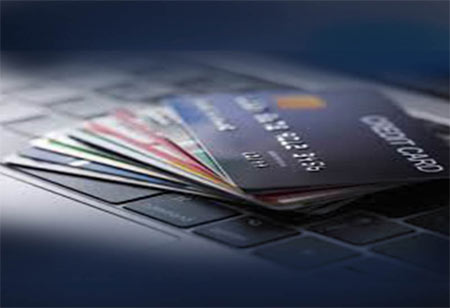THANK YOU FOR SUBSCRIBING

By
Banking CIO Outlook | Wednesday, March 20, 2024
Stay ahead of the industry with exclusive feature stories on the top companies, expert insights and the latest news delivered straight to your inbox. Subscribe today.
Researching ahead to determine the level of card acceptance at the destination allows travelers to plan accordingly and ensures sufficient cash if needed.
FREMONT, CA: Properly managing credit cards can enhance convenience, security, and financial well-being during overseas travel. In an era of global connectivity, international travel has become more accessible. As individuals embark on journeys to explore new destinations, navigating the financial aspects of their trips is essential. One crucial aspect is the use of credit cards while abroad. Before venturing abroad, it is essential to inform your bank of your travel plans. It prevents transactions from being flagged as suspicious activity, potentially leading to card suspensions. Providing the bank with travel dates and destinations helps them monitor and authorize international transactions, ensuring uninterrupted access to your funds.
Traveling internationally with a credit card is not the same as traveling domestically. It is essential to look for cards with features tailored for overseas use. Travel-related perks, such as insurance coverage and access to airport lounges, are offered by many credit cards. Researching and selecting a suitable card can save money and provide added conveniences during your travels. While having a primary credit card is essential, carrying a backup card is equally important. Unexpected situations, such as a lost or compromised card, can occur. Having an alternative card ensures access to funds even in challenging circumstances. It's advisable to keep the backup card separate from the primary one for added security.
When making purchases abroad, they may be offered the option of Dynamic Currency Conversion (DCC). The service allows payment in the home currency rather than the local currency. It often comes with unfavorable exchange rates and additional fees. Opting for the local currency provides a more favorable exchange rate, ultimately saving you money. Protecting credit card information is paramount. They are avoiding using public Wi-Fi networks for financial transactions, as they may not be secure. Regularly monitor card activity for any unauthorized transactions and report them promptly to your bank. Consider using mobile banking apps for real-time alerts and monitoring of your account. While credit cards are widely accepted globally, there are still instances where cash is necessary. Some small businesses, markets, or public transportation systems may only accept cash payments.
Not all establishments or regions may accept credit cards, especially in remote or less developed areas. Loss or theft of a card requires emergency contact numbers. Making a note of the international contact number for credit card providers helps to keep it separate from cards. The information will expedite the process of reporting and resolving any issues with credit cards. These tips for using credit cards overseas can significantly enhance the travel experience. By planning, choosing the right cards, and prioritizing security, they can confidently navigate financial transactions. With careful preparation, they can make the most of international adventures without financial stress.
THANK YOU FOR SUBSCRIBING
Be first to read the latest tech news, Industry Leader's Insights, and CIO interviews of medium and large enterprises exclusively from Banking CIO Outlook
I agree We use cookies on this website to enhance your user experience. By clicking any link on this page you are giving your consent for us to set cookies. More info



